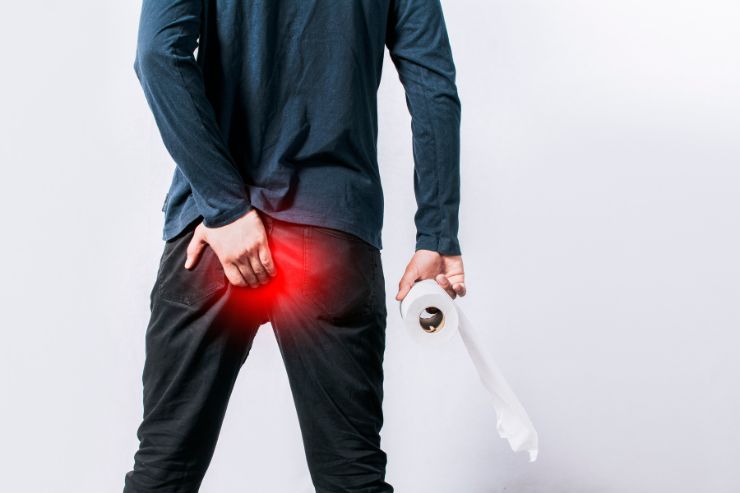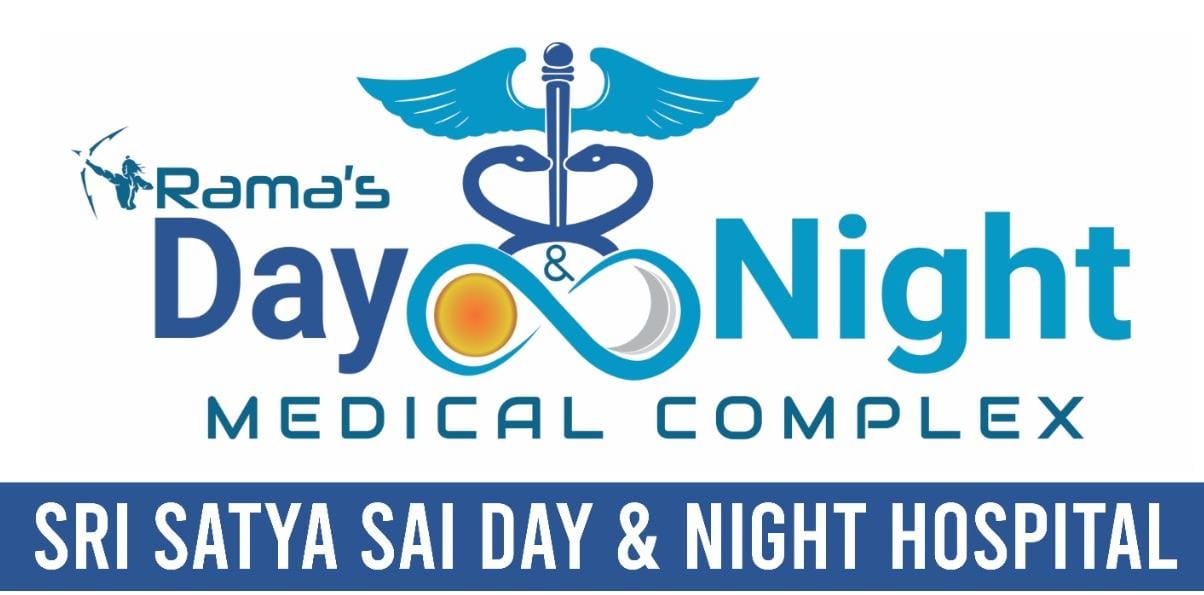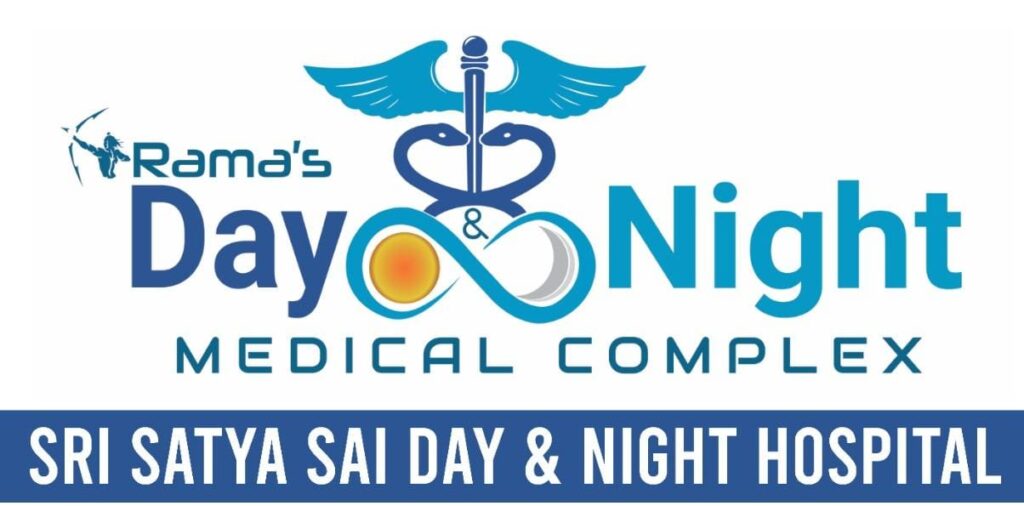Anal Problems

Anal problems encompass a range of conditions that affect the anus and rectum, often causing significant discomfort and disruption to daily life. Common issues include hemorrhoids (piles), anal fissures, fistulas, and abscesses. These conditions can cause symptoms such as pain, itching, bleeding, and swelling, particularly during bowel movements. Identifying and addressing anal problems promptly is crucial to prevent complications and improve quality of life.
Hemorrhoids, or piles, are swollen veins in the rectal area that can be internal or external. They often result from straining during bowel movements, chronic constipation, or prolonged sitting. Anal fissures are small tears in the lining of the anus, typically caused by passing hard stools.
Fistulas are abnormal connections between the anus and the skin, often resulting from previous infections or abscesses. Abscesses are painful collections of pus caused by infection in the anal glands.
Treatment for anal problems varies based on the specific condition and its severity. Initial management may include dietary changes, such as increasing fiber and fluid intake, to ease bowel movements and reduce straining. Over-the-counter creams, sitz baths, and proper hygiene can provide symptom relief. For more persistent or severe cases, medical interventions such as rubber band ligation, sclerotherapy, or laser treatments may be necessary. Minimally invasive surgical procedures are available for conditions like fissures and fistulas, offering effective relief with quicker recovery times.


